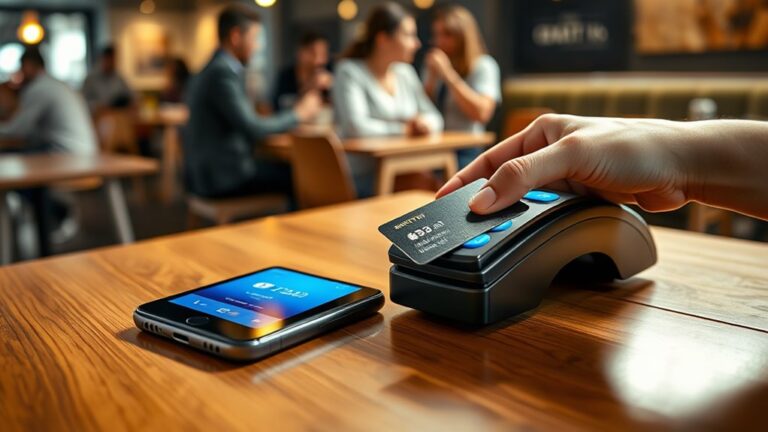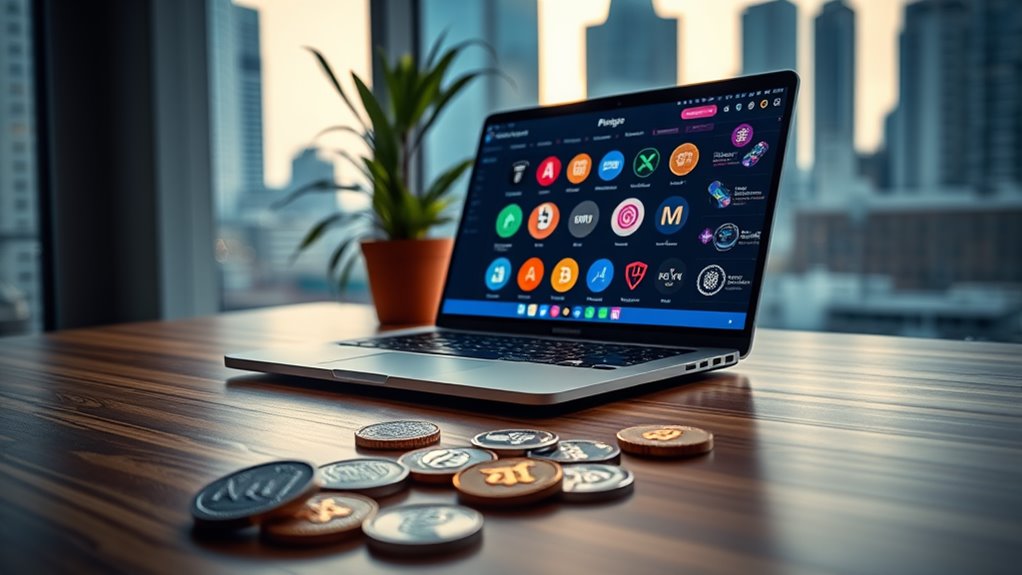
Privacy Coins for Anonymous Payments: Top Options Revealed
Privacy coins are digital currencies specifically designed for anonymous transactions. Leading options include Monero, which employs ring signatures, and Zcash, which utilizes zero-knowledge proofs. Dash offers PrivateSend for mixing transactions, while Grin and Litecoin MWEB provide aggregation through the MimbleWimble protocol. These coins cater to various needs, such as protecting sensitive information and enabling secure donations. Understanding their features and use cases is essential for anyone interested in anonymous payments and financial privacy. Further exploration reveals more details.
Key Takeaways
- Monero is a leading privacy coin that uses ring signatures and stealth addresses to obscure transaction identities and amounts.
- Zcash offers zero-knowledge proofs, allowing for secure, anonymous transactions while providing the option for transparent ones.
- Dash’s PrivateSend feature mixes transactions for added anonymity, while InstantSend enables quick processing of payments.
- Grin and Litecoin MWEB leverage the MimbleWimble protocol to enhance privacy through transaction aggregation and obfuscation.
- Verge employs the Wraith protocol to facilitate anonymous transactions, appealing to users seeking privacy in their financial dealings.
Understanding Privacy Coins and Their Importance

Privacy coins have emerged as a significant innovation in the world of cryptocurrency, as they are specifically designed to enhance user privacy and anonymity during financial transactions.
These coins obscure sender, recipient, and transaction details, offering an alternative to transparent cryptocurrencies such as Bitcoin. By employing advanced cryptographic techniques, privacy coins allow users to conduct transactions that are challenging to trace, appealing to individuals who value financial independence and security in an increasingly monitored digital environment.
The importance of anonymity lies in its ability to safeguard personal financial information from surveillance and data tracking. In regions with strict financial controls, privacy coins can empower users, enabling them to maintain their financial freedom while reducing risks associated with identity theft and unauthorized access.
Key Features of Leading Privacy Coins
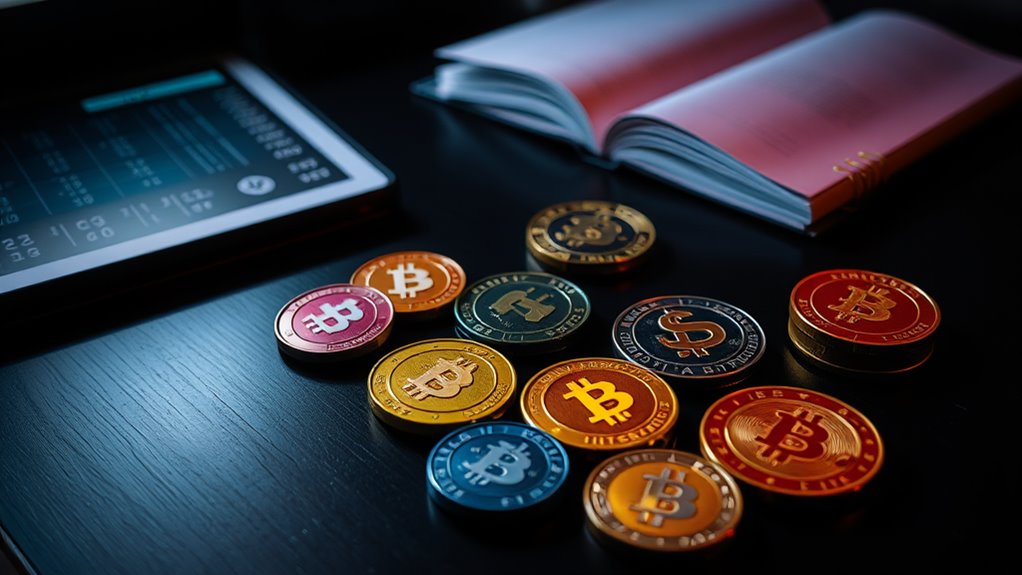
The landscape of cryptocurrency includes several prominent privacy coins, each equipped with unique features designed to safeguard user anonymity during transactions.
Monero employs ring signatures and stealth addresses to obscure sender and recipient identities, while RingCT hides transaction amounts.
Monero enhances transaction privacy through ring signatures and stealth addresses, concealing identities and using RingCT to mask amounts.
Zcash utilizes zero-knowledge proofs, allowing for both transparent and shielded transactions, ensuring that details remain private.
Dash offers PrivateSend for mixing transactions and InstantSend for rapid processing.
Other privacy coins like Grin and Litecoin MWEB use the MimbleWimble protocol to aggregate transactions, enhancing anonymity.
Verge implements the Wraith protocol for anonymous transactions, while NavCoin and Zcoin provide optional privacy through subchain transactions and zero-knowledge proofs, respectively.
These features collectively address the growing demand for financial privacy.
Use Cases for Anonymous Payments
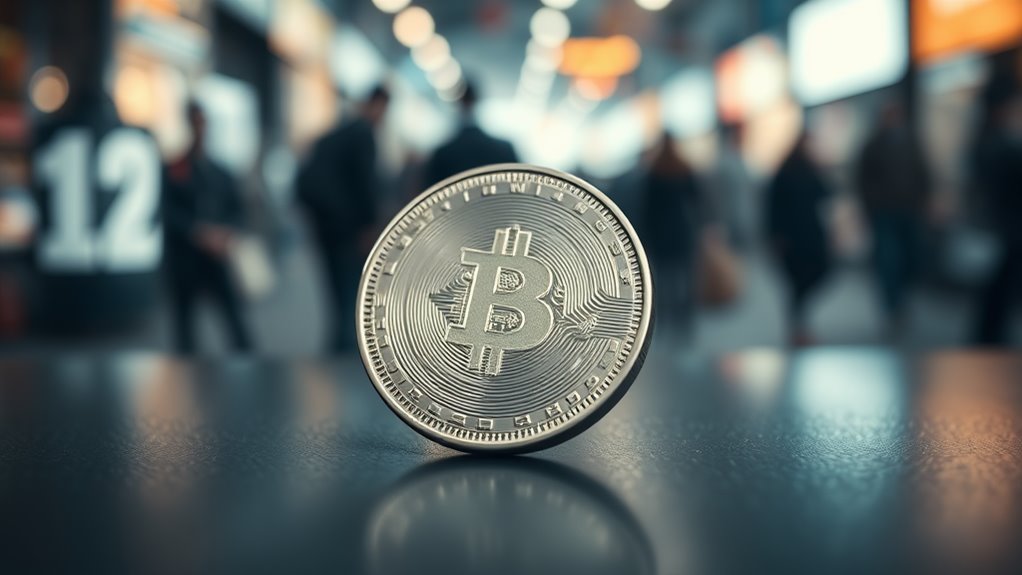
In an increasingly digital world, the need for anonymous payments has become essential for various use cases across different sectors.
Whistleblowers can securely receive financial rewards while minimizing the risk of retribution. In online shopping, consumers protect sensitive information and reduce fraud risk by using privacy coins.
Additionally, individuals in highly surveilled regions can bypass government monitoring and safeguard their personal data, ensuring online freedom. High-risk transactions benefit from enhanced privacy, allowing secure cryptocurrency trading and anonymous donations for disaster relief.
Businesses also leverage anonymity for confidential settlements and secure payroll systems, protecting financial data and intellectual property.
Each of these use cases highlights the growing importance of privacy coins in facilitating secure, anonymous transactions.
Challenges and Regulatory Issues Facing Privacy Coins
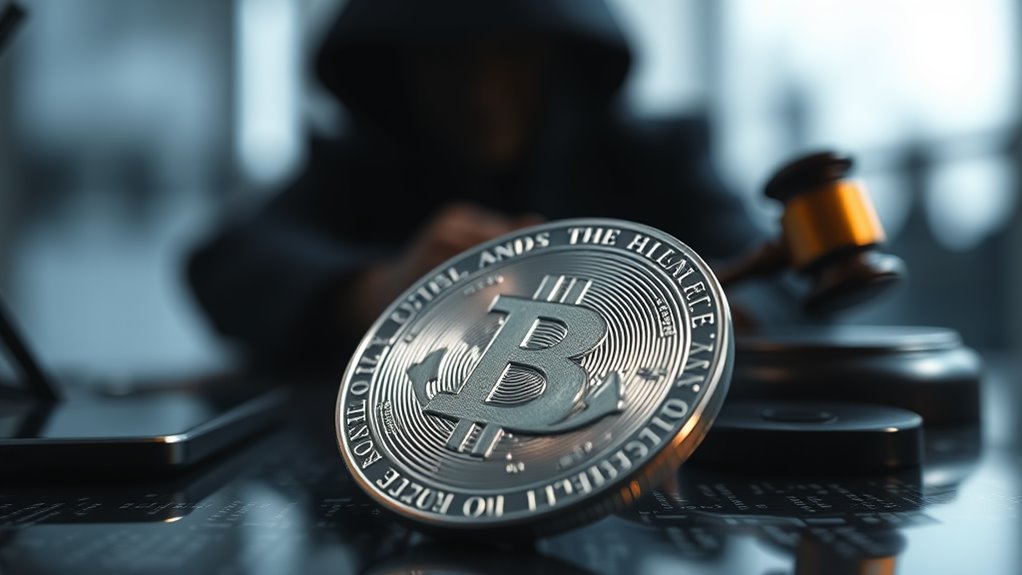
As the use cases for anonymous payments expand, the challenges and regulatory issues surrounding privacy coins have come into sharper focus.
These coins often attract scrutiny due to their potential misuse in illicit activities such as money laundering and terrorist financing. Different countries have adopted varying regulatory approaches, from outright bans to specific licensing requirements, creating a landscape of uncertainty for users and developers.
Compliance tools are increasingly employed by exchanges to monitor transactions and guarantee adherence to Anti-Money Laundering (AML) and Know Your Customer (KYC) regulations.
Additionally, technological innovations like zero-knowledge proofs aim to enhance compliance without sacrificing privacy. However, limited exchange listings and regulatory pressures continue to hinder the accessibility and liquidity of privacy coins in the market.
The Future of Privacy Coins in Financial Transactions

While debates about the role of privacy coins in financial transactions continue, their future appears to be shaped by a combination of technological advancements and shifting market demands.
Key factors influencing this evolution include:
- Quantum Resistance: Protecting against future quantum computing threats.
- Growing Demand for Privacy: Consumers increasingly value financial confidentiality.
- Private Lending in DeFi: Facilitating anonymous financial interactions.
- Cultural Shift in Finance: A rising acceptance of privacy as a financial norm.
As advancements in cryptography and transaction efficiency emerge, privacy coins may redefine financial transactions.
They promise to enhance user anonymity, while also presenting challenges regarding regulation and integration into existing systems.
Balancing privacy with transparency will be essential for their broader acceptance and utility in the financial landscape.
Frequently Asked Questions
How Do I Buy Privacy Coins Safely?
To safely purchase privacy coins, one should research reputable exchanges, implement strong security measures, understand local regulations, and guarantee secure transaction practices. Regular monitoring of market trends and compliance with tax implications is also essential.
Are Privacy Coins Legal in My Country?
Determining the legality of privacy coins often coincides with regional regulations. Individuals must research local laws, as jurisdictions vary widely; some permit usage while others impose strict restrictions or outright bans on privacy coin transactions.
What Wallets Support Privacy Coins?
Various wallets support privacy coins, including Monero GUI for Monero, ZecWallet for Zcash, and multi-coin options like Exodus. Users can choose between dedicated privacy wallets and those offering broader cryptocurrency support.
Can Privacy Coins Be Converted to Traditional Currency?
In a world reminiscent of ancient trade routes, privacy coins face challenges converting to traditional currency. Regulatory hurdles, liquidity issues, and exchange policies complicate transactions, impacting users’ ability to seamlessly convert their digital assets.
How Do I Ensure My Privacy While Using These Coins?
To guarantee privacy while using coins, individuals should employ secure wallets, utilize stealth addresses, and regularly update software. Additionally, maintaining anonymity requires careful transaction habits and avoiding linking activities to real-world identities.
Conclusion
In summary, privacy coins play an essential role in facilitating anonymous payments while addressing the growing demand for financial privacy. These digital currencies offer unique features that cater to various use cases, despite facing challenges from regulatory scrutiny. As the landscape of financial transactions evolves, privacy coins may emerge as a significant tool in protecting individual privacy, resembling a double-edged sword that balances innovation with regulatory compliance. Their future will depend on how effectively they navigate these complex issues.





